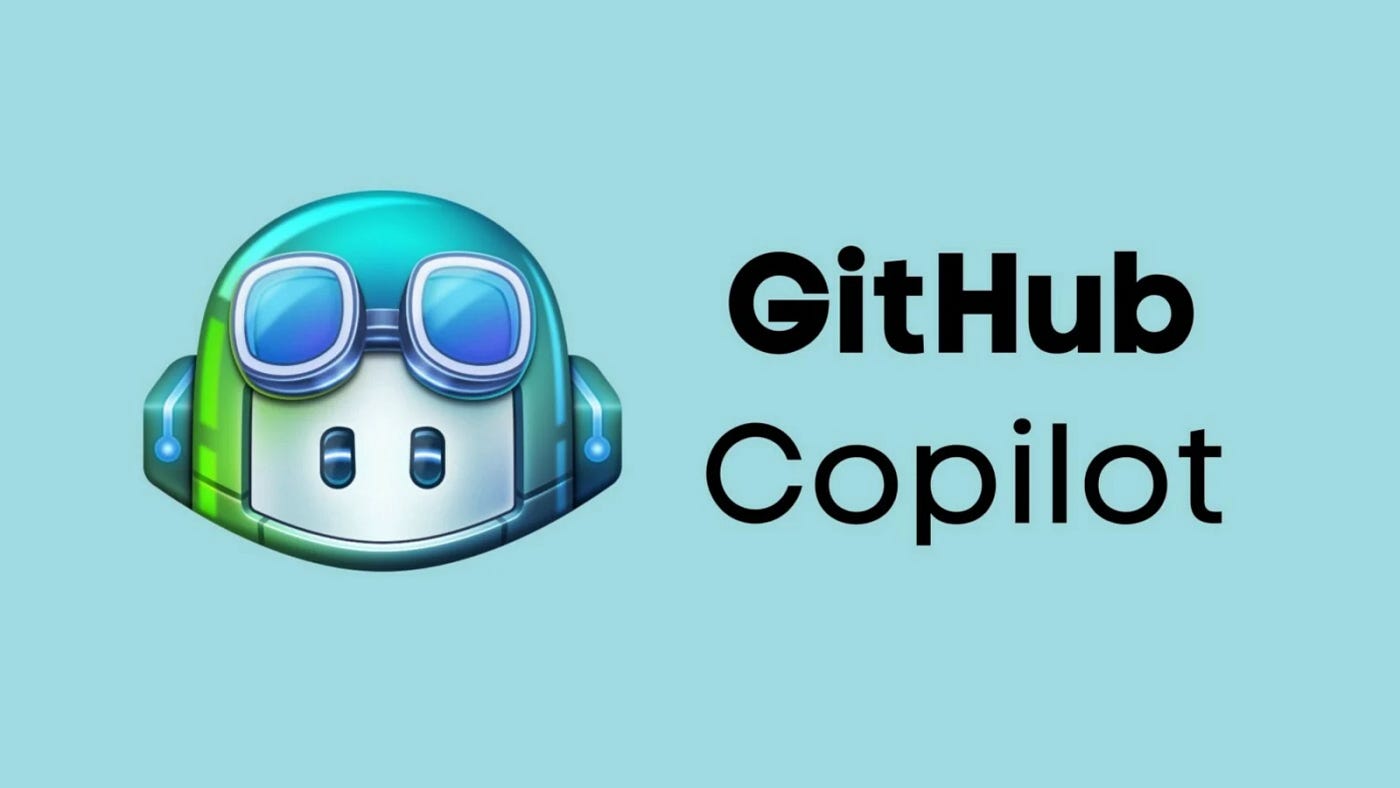
Introduction
In software development, tools that enhance productivity and efficiency are increasingly sought after. One such tool gaining significant attention is GitHub Copilot. This AI-powered coding assistant integrates seamlessly with popular Integrated Development Environments (IDEs) like Visual Studio Code and Android Studio, offering developers a new level of support in their coding endeavors. This article explores the integration of GitHub Copilot with Android Studio, covering its features, installation process, and practical applications.
What is GitHub Copilot?
GitHub Copilot is an AI-powered coding assistant developed by GitHub in collaboration with OpenAI. Powered by the OpenAI Codex, it can infer function bodies from function names and summary comments, as well as take cues from other code in the file being edited and from variable names. This tool aims to make coding faster and more efficient by providing inline suggestions as you code, helping developers write more accurate and cleaner code.
Features of GitHub Copilot
Inline Suggestions
One of the primary features of GitHub Copilot is its ability to offer inline suggestions as you code. It can suggest whole lines or entire functions based on the context of your code.
Context Awareness
Copilot is context-aware, meaning it can understand the structure and content of your project. For example, if you have a model class called Plans in your project, Copilot can generate a list of random Plan instances even if there is no reference to it in the opened file.
Android Specific Tasks
Copilot is not limited to general coding tasks; it can also handle Android-specific tasks such as creating intents, passing extras, and adding permissions in the manifest file.
Test Case Generation
Another useful feature is its ability to generate test cases effortlessly. This can save developers a significant amount of time and effort in ensuring their code is thoroughly tested.
Prompt Engineering
While Copilot can suggest popular code completions from Git repositories, it may not always provide the best solution. Developers need to review the suggested code and sometimes guide Copilot through comments or prompts to achieve the desired outcome.
Installation Process
To integrate GitHub Copilot with Android Studio, follow these steps:
- Open Android Studio: Launch your Android Studio IDE.
- Navigate to Settings: Go to
File>Settings. - Access Plugins Section: In the settings window, navigate to the
Pluginssection. - Search for GitHub Copilot: In the search bar, type "GitHub Copilot" and click on the result.
- Install Plugin: Click on the "Install" button next to the search result. This will download and install the plugin.
- Restart Android Studio: After installation, restart your Android Studio to ensure all changes take effect.
- Login to GitHub: Once restarted, go to
Tools>GitHub Copilotand click onLogin to GitHub. This will prompt you to sign in to your GitHub account and authorize the plugin. - Authorize Plugin: In the
Sign in to GitHubdialog box, copy the device activation code and open a browser with this action. Paste the activation code into the activation window in your browser and follow the instructions to authorize GitHub Copilot.
Practical Applications
Quick Prototyping
One of the most significant advantages of using GitHub Copilot is its ability to help with quick prototyping. For instance, if you need to generate a quick prototype and save time on writing verbose XML layouts, Copilot can assist with that.
Code Completion
Copilot's inline suggestions can significantly reduce the time spent on code completion. It can infer function bodies from function names and summary comments, making it easier for developers to write more accurate and cleaner code.
Test Case Generation
Generating test cases is another area where Copilot excels. By simply telling Copilot that you want to generate a test case for one of the functions, it can do so effortlessly, saving developers a lot of time and effort.
Android Specific Tasks
For Android developers, Copilot can handle tasks such as creating intents, passing extras, and adding permissions in the manifest file. This makes it easier for developers to focus on the logic of their application rather than getting bogged down in boilerplate code.
Challenges and Considerations
Compatibility Issues
There have been reports of compatibility issues between certain versions of Android Studio and the GitHub Copilot plugin. For example, some users have encountered errors when trying to install the latest plugin version due to compatibility issues with their IDE version.
Old or Deprecated Uses
Copilot might suggest old or deprecated uses of libraries, which could result in bugs. Developers need to review the suggested code carefully to ensure it aligns with their project's requirements and dependencies.
Accuracy and Plagiarism
There is always a risk of accuracy with AI-generated content. Developers need to proofread the generated code thoroughly to ensure it meets their standards and avoid plagiarism issues.
Company Policies
In some cases, companies may block access to GitHub due to security policies. This could limit the use of Copilot for some developers.
Learning Curve
While Copilot can help new developers produce output faster, it can also lead to a slow learning process. Developers need to understand how to use Copilot effectively and how to guide it through prompts and comments to achieve the desired outcomes.
Final Thoughts
GitHub Copilot is a versatile tool that can significantly enhance the productivity of Android developers by providing inline suggestions, context-awareness, and the ability to handle Android-specific tasks. While there are some challenges and considerations, such as compatibility issues and the need for thorough code review, the benefits of using Copilot far outweigh these drawbacks. By integrating GitHub Copilot into their workflow, developers can focus more on the logic and creativity of their projects rather than getting bogged down in mundane coding tasks.
Integrating GitHub Copilot with Android Studio is a straightforward process that can be completed by following the steps outlined above. Once installed and authorized, Copilot can become an indispensable tool in any developer's arsenal, helping to streamline the coding process and make development faster and more efficient.
